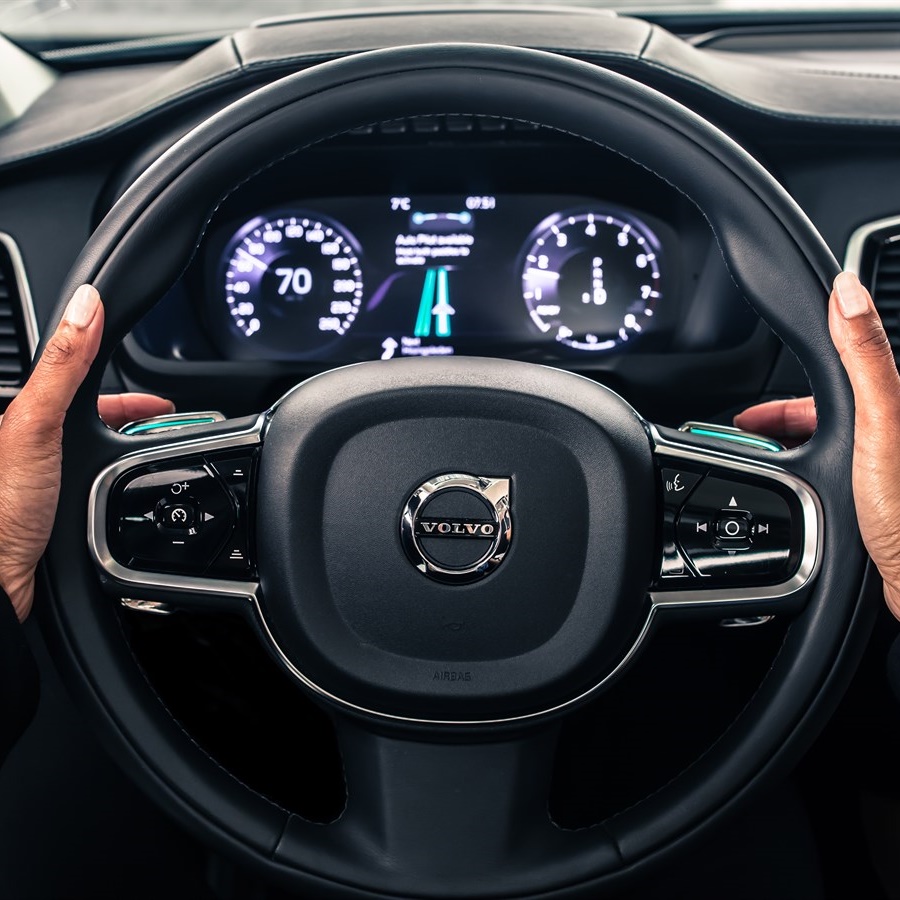
Volvo said all of its new cars sold in 2019 and after will either be electric or hybrid, a first in the industry.
Oil’s eight-day rise, a record since 2012, may end. According to Bloomberg:
While prices have surged during the past week, oil remains in a bear market after concerns that rising global supply will offset output cuts from the Organization of Petroleum Exporting Countries and its partners. Libya and Nigeria, exempt from the OPEC-led curbs, accounted for half of the group’s production boost last month,
China Caixin Services PMI for June hit 51.6, which signals expansion. However, the number was down from 52.8 in May. The figures indicate China’s service sector continues to grow.
Qatar energy executives, under financial and diplomatic pressure from other Gulf states, said they would sharply increase natural gas production. According to CNNMoney:
Qatar Petroleum said Tuesday it was planning to increase production from the world’s biggest gas field by 20%. That would boost the country’s exports of liquified natural gas by 30%. “Within 5-7 years from now, this project will raise the production of the state of Qatar to about 6 million barrels of oil equivalent per day,” Qatar Petroleum President & CEO Saad Sherida Al-Kaabi said in a statement. Qatar is already the world’s leading exporter of liquified natural gas, accounting for about 30% of global demand.
Samsung may pass Intel Corp. (NASDAQ: INTC) as the world’s largest chip producer. According to Reuters:
Samsung Electronics Co Ltd is expected to report its best-ever quarterly profit in the second quarter, with soaring memory chip sales pushing it past Intel Corp as the biggest semiconductor maker by revenue for the first time.
The world’s largest memory chip maker is the among the biggest beneficiaries of soaring demand for processing firepower on smartphones and servers, which has fuelled an industry super-cycle amid limited supply growth.
Moody’s cut Qatar’s outlook to “negative.” The rating agency’s management wrote:
Moody’s Investors Service has today changed the outlook on Qatar’s rating to negative from stable and affirmed the long-term issuer and senior unsecured debt ratings at Aa3.
The key driver for the outlook change to negative is the economic and financial risks arising from the ongoing dispute between Qatar and a group of countries, including its fellow Gulf Cooperation Council (GCC) neighbors Bahrain (Ba2 negative), Saudi Arabia (A1 stable) and the United Arab Emirates (UAE, Aa2 stable). In Moody’s view, the likelihood of a prolonged period of uncertainty extending into 2018 has increased and a quick resolution of the dispute is unlikely over the next few months, which carries the risk that Qatar’s sovereign credit fundamentals could be negatively affected.
Are You Still Paying With a Debit Card?
The average American spends $17,274 on debit cards a year, and it’s a HUGE mistake. First, debit cards don’t have the same fraud protections as credit cards. Once your money is gone, it’s gone. But more importantly you can actually get something back from this spending every time you swipe.
Issuers are handing out wild bonuses right now. With some you can earn up to 5% back on every purchase. That’s like getting a 5% discount on everything you buy!
Our top pick is kind of hard to imagine. Not only does it pay up to 5% back, it also includes a $200 cash back reward in the first six months, a 0% intro APR, and…. $0 annual fee. It’s quite literally free money for any one that uses a card regularly. Click here to learn more!
Flywheel Publishing has partnered with CardRatings to provide coverage of credit card products. Flywheel Publishing and CardRatings may receive a commission from card issuers.
Thank you for reading! Have some feedback for us?
Contact the 24/7 Wall St. editorial team.




